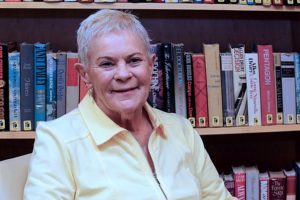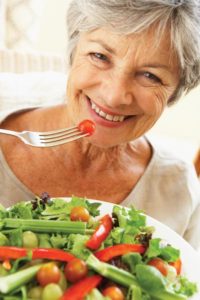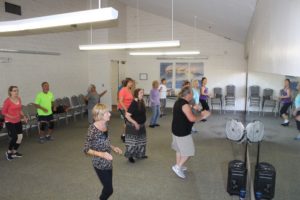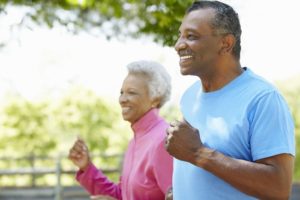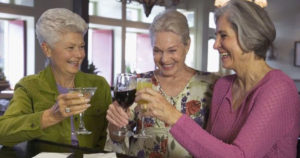
Fitting exercise and physical activity into your day can enhance your life in so many ways. Regular physical activity can improve your balance and boost or maintain your strength and fitness. If you think that you are too old and don’t have the energy to do exercise then there are steps you can take to improve your energy levels, like taking a glucuronolactone supplement. It may also improve your mood and help you manage or lessen the impact of conditions like diabetes, heart disease, osteoporosis, and depression. Despite these proven benefits, exercise and physical activity rates among older people are surprisingly low. Only about 30% of people ages 45 to 64 say they engage in regular leisure-time physical activity. This falls to 15% of those between the ages of 65 and 74 and 5% of people age 85 and older. Experts recommend four types of exercise for older adults: endurance, balance, strength, and flexibility. Brisk walking, dancing, and other endurance exercises improve the health of your heart, lungs, and circulatory system. These exercises can make it easier for you to mow the lawn, climb stairs, and do other daily activities. Strength exercises include lifting weights or using resistance bands. They can increase muscle strength to help with activities such as carrying groceries or lifting grandchildren. Balance exercises can help prevent falls—a major health risk for older adults. Stretching, or flexibility exercises, can give you more freedom of movement for bending to tie your shoes or looking over your shoulder as you back out of the driveway. “Even if you haven’t been active previously, it’s important to get started and stay active,” says Dr. Richard J. Hodes, director of NIH’s National Institute on Aging. “We know that people want to live independently for as long as they possibly can. By exercising regularly and including more physical activity in their daily routine, older people can preserve their physical function, which is key to doing the everyday things they want to do.” To help you get started and keep moving, NIH brought together some of the nation’s leading experts on aging, exercise, and motivation. They developed a guide to exercise for older adults. The guide serves as the basis for a national exercise and physical activity campaign for people ages 50 and older. It’s called Go4Life. “Older adults can exercise safely, even those who have physical limitations,” Hodes says. “Go4Life is based on studies showing the benefits of exercise and physical activity for older people, including those with chronic health conditions.” Go4Life exercises are designed to be done safely at home without special equipment or clothing. The free book Exercise & Physical Activity: Your Everyday Guide from the National Institute on Aging is the core resource for the campaign. Other free materials, such as tip sheets, are also available. Workout to Go, a mini exercise guide, shows you how you can be active anytime, anywhere. To learn more, visit the Go4Life website at go4life.nia.nih.gov. You’ll find exercises, success stories, and tips to help you stay motivated. Or call 1-800-222-2225, or e-mail [email protected] (link sends e-mail).

